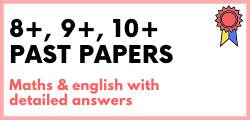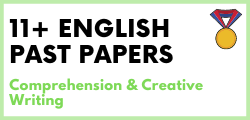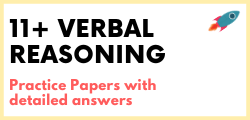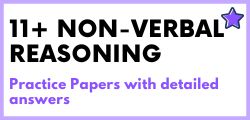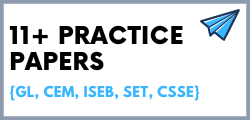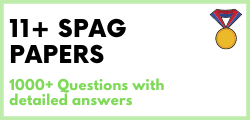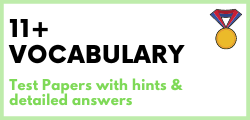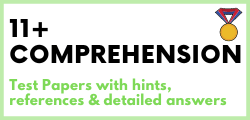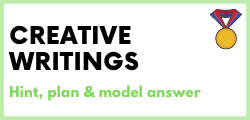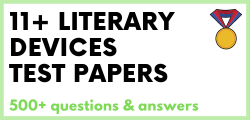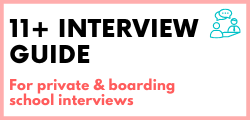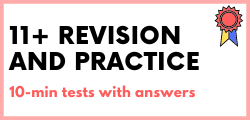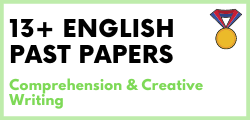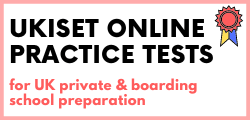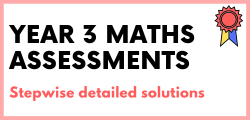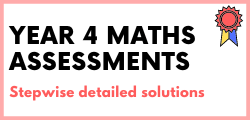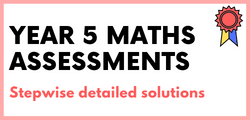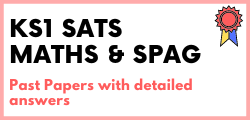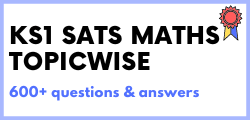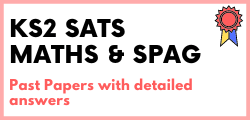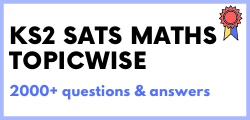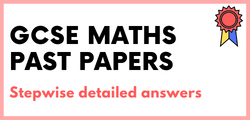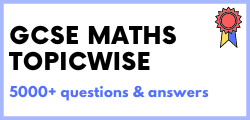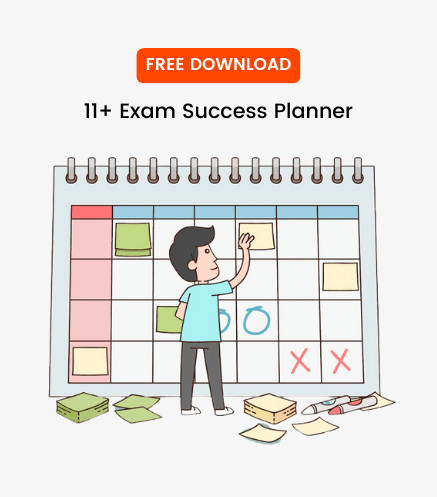11+ revision and exams can be stressful, especially if you’re feeling unorganised or unprepared. If you have multiple exams you need to study for or are unsure just where to start it can feel overwhelming to either begin studying or difficult to solidify your knowledge. All of this can make it extremely hard to be able to feel relaxed enough to even start studying! However, with the following tips below we will teach you not only how to study but also how to enter the exam confidently and calmly.
Getting Organised for the 11+ Exam Revision
This may seem obvious but it’s very difficult to study in a space that feels hectic or unorganised. There is nothing more annoying than feeling ready to study then realising you don’t have your favourite pen or a textbook you need! So, it is imperative that you organise your space properly. Put away anything that will not aid you during your studying and make sure you have a clean and uncluttered space. Be sure that what you have out are the essentials you need for having a productive and undisturbed revision session.
It is also useful to organise your time! Have a set amount of time for the different subjects you would like to study, that way you don’t get bored just doing one thing and also don’t spend too long on another topic!
How to Focus
Now that you are organised it’s time to get focused. This is a crucial start to studying and often times the hardest thing to tackle. Here is some advice to making this easier.
Limit Distractions for 11+ Student
Sometimes when we’re supposed to be studying, we actually end up procrastinating and doing anything else except studying. However, by not studying you’re only adding to your workload and increasing the pressure you might already be feeling. Additionally, by frequently taking breaks just to scroll through Tik Tok or play Xbox, all the information you just learnt will ultimately be forgotten the minute you pick up your device. This can add to your frustrations as to why it feels like nothing is going in.
That’s why it’s important to limit your distractions, by doing so you are able to sit down and have a productive study session and also absorb more information. This does take some discipline so sometimes it helps to make these devices that can distract you completely inaccessible. Sometimes turning your phone off isn’t enough as you may still be tempted to go on it, so why don’t you try leaving it in a different room, somewhere entirely out of sight so it’s out of mind. If its out of reach it makes it less tempting to go on. This goes for all devices that pose a potential to distract you. Or if you don’t want to put your phone in a different room there are apps such as Forest that prevent you from going on your phone for a certain time period and when that time has run out you have grown a virtual tree! This is a very good way of motivating you to stay off of your phone as your concentration produces a tree at the end.
Turn those distractions into a reward.
The previous paragraph brings me to the next point of utilising those distractions and turning them into rewards. Once again this does require discipline, but you may be motivated to work harder and find it easier to concentrate if you know you’ll be receiving something positive at the end of your study session. If you are able to concentrate for on your work for 40 minutes as a treat have 10 minutes of technology time. When you work in this way it feels like you have earned the time on your device and feel less guilty about going on it. By doing this you are able to study what you need while also having time to relax which will prevent you experiencing anymore stress that you might already be feeling.
This reward system does not just apply to electronics but also to all things you enjoy! Maybe after an hour of revision spend thirty minutes outside to stretch and refresh! It is important that you are productive but also important to not burn yourself out with too much concentration.
How To Revise for 11+ Exams
Identify Where Your Knowledge is Weakest
Go through the curriculum and what you know will be covered on the exam. How many of these topics can you answer confidently? Tick or highlight the ones you feel comfortable with. For the ones you don’t, comprise a list of questions or key words for those topics.
Preparing Notes
Of course, every subject is different so it’s important to adapt your studying techniques for the topic but also for yourself! If you struggle to remember key terms or dates, why don’t you try more active recall study techniques. This means instead of simply reading a book over and over again why don’t you try writing down the key information you want to remember as a question? If you write on a revision card “What year did the Titanic sink?” and put the answer ‘1912’ on the back, then you can test yourself and are actively engaging with the content you need to know. Short and quick phrases like this are much easier to remember than lengthy sentences from a book. By extracting the information, yourself from your textbook then testing that knowledge you are more likely to remember your answers! It is important to practice these revision cards spread over time to combat forgetting these facts.
Sometimes it’s nicer to have a friend or a family member help with your studying as well! Make it interactive by having someone quiz you on the questions you’re struggling most to remember! Of course, only do this after you have been through the content by yourself and also make sure not to get too carried away with socialising and become distracted…
Furthermore, if you’re the kind of student that loves colour, highlighting key terms can be extremely helping or having colour-coded mind maps will also aid your memory. Both are examples of things that will catch your eye and therefore help you remember them during the exam! You’re more likely to remember something that stands out to you.
Answer 11+ Exam Questions!
Once you feel more confident in the topics you were uncertain about it’s important to go over everything, even the questions you feel confident on! This way you will feel more prepared going into the exam and very little will surprise you once you are in there. If you are confident and familiar with all your flashcards and key terms or dates or equations, it’s time to apply your knowledge. Online there is a multitude of question papers and mark schemes, such as https://www.sats-papers.co.uk/11-plus-papers/ that are able to offer papers and mark schemes! Doing exam papers not only prepares you for the types of questions that might be on your paper but also allows you to get familiar with the phrasing of questions and tasks on the paper which will help you avoid confusion during your exam. Once you have done one paper go through your wrong answers and see where you can improve. It is also beneficial to go through the mark scheme of a paper as it tells you habits to avoid and also where or how to get the most marks for a question.
Do as many exam questions as possible but again make sure to take breaks and study in a calm organised way! Cramming is unlikely to help as it doesn’t test your long-term memory and instead makes you feel more panicked.
The Exam
Exams can be extremely scary but it’s important to remember that you are prepared! That’s why instead of trying to cram the night before the test you should focus on getting a good night’s sleep so everything you learnt can be absorbed. Preparation doesn’t just apply to revision, but it also applied to the exam itself! Make sure you know where and what time the exam is and that you have all the equipment you need. This will make you feel calm even before you go into the examination room. During the exam, the most important thing to remember you can tackle any question the examiners might throw at you because you’ve studied hard and thoroughly! It can be very nerve-wracking to be in that environment, however if you visualise what you’ve studied and don’t panic or rush, you are sure to remember the answers that you need.
Hopefully, you’ve read through all of these tips and find them useful! By following the advice above you are sure to limit your anxiety surrounding exams as you have prepared the best you can! It’s okay to be nervous but remember that you have studied hard and that you have calmly and meticulously been through all the resources required to help you in your exams. Good luck, we’re sure you will do great!
To learn, practice and master key 11+ Math and English skills to boost your 11plus exam scores, view our detailed yet crisp 11+ video courses.




